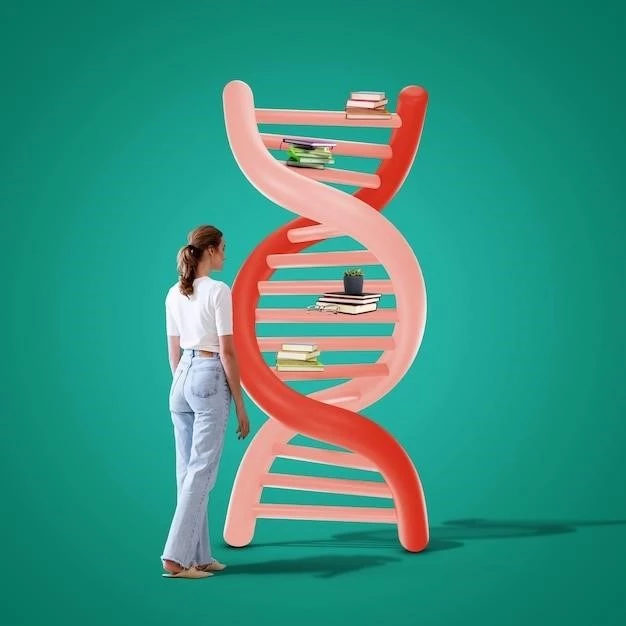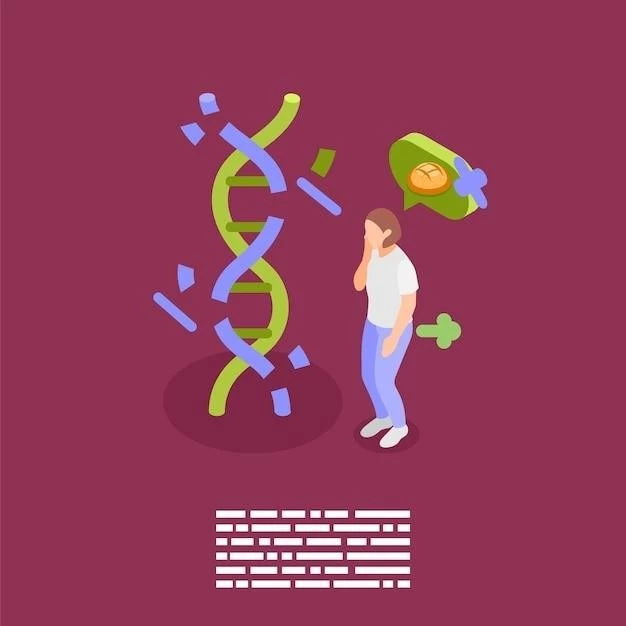Overview of Chromosome 17 Deletion Disorder
Chromosome 17 deletion disorder is a rare genetic condition characterized by the loss of genetic material from chromosome 17. This deletion can result in a variety of physical, developmental, and intellectual challenges. Understanding the impact of this genetic anomaly is crucial for accurate diagnosis and effective management of the disorder.
Genetic Basis of Chromosome 17 Deletion
The genetic basis of Chromosome 17 deletion involves the absence of a portion of DNA on chromosome 17, leading to disruptions in gene function and expression. This deletion can occur sporadically or be inherited from a parent. Understanding the specific genes affected and the resulting impact on the individual’s health is essential for comprehensive management and care.
Genetic Causes of Chromosome 17 Deletion
Explanation of Chromosome 17 Deletion
Chromosome 17 deletion occurs when a segment of genetic material on chromosome 17 is missing. This deletion can lead to various health issues due to the loss of crucial genes. Understanding the mechanisms underlying chromosome 17 deletion is vital for elucidating the condition’s effects and developing tailored treatment strategies for affected individuals.
Inheritance Patterns of Chromosome 17 Deletion
Chromosome 17 deletion can be inherited from a parent or occur spontaneously. In cases of inheritance, the deletion may be passed down following specific genetic patterns. Understanding the inheritance patterns of chromosome 17 deletion is essential for genetic counseling and risk assessment in families affected by this genetic anomaly.
Symptoms and Signs of Chromosome 17 Deletion Syndrome
Common Symptoms of Chromosome 17 Deletion
Common symptoms of Chromosome 17 deletion may include developmental delays, intellectual disabilities, speech and language impairments, growth delays, seizures, and distinctive facial features. Understanding and recognizing these common symptoms are essential for early diagnosis and appropriate management of individuals with Chromosome 17 deletion.
Physical and Developmental Signs of Chromosome 17 Deletion Syndrome
Physical and developmental signs of Chromosome 17 Deletion Syndrome may manifest as hypotonia, feeding difficulties, heart defects, abnormal brain development, skeletal abnormalities, and vision or hearing impairments. Recognizing these signs is crucial for comprehensive evaluation and tailored interventions to address the diverse needs of individuals with this genetic condition.
Diagnosis and Testing for Chromosome 17 Deletion
Diagnostic Procedures for Chromosome 17 Deletion
Diagnostic procedures for Chromosome 17 deletion may include chromosomal microarray analysis, fluorescence in situ hybridization (FISH), and polymerase chain reaction (PCR) testing. These tests help identify the deletion and determine its size and location, assisting healthcare professionals in confirming the diagnosis and providing appropriate medical management and genetic counseling.
Genetic Testing Methods for Chromosome 17 Deletion
Genetic testing methods for Chromosome 17 deletion include karyotyping٫ comparative genomic hybridization (CGH)٫ and next-generation sequencing (NGS); These tests analyze the individual’s DNA to detect deletions on chromosome 17٫ providing valuable insight into the genetic basis of the disorder and guiding personalized treatment strategies and genetic counseling for affected individuals and their families.

Treatment Options for Chromosome 17 Deletion
Medical Interventions for Managing Chromosome 17 Deletion
Medical interventions for managing Chromosome 17 deletion may include early intervention services٫ speech and occupational therapy٫ special education programs٫ and treatment of associated medical conditions such as seizures and heart defects. Multidisciplinary care teams play a crucial role in providing comprehensive care and support tailored to the individual needs of those with Chromosome 17 deletion.
Therapeutic Approaches for Individuals with Chromosome 17 Deletion
Therapeutic approaches for individuals with Chromosome 17 deletion may involve behavioral therapy٫ early intervention programs٫ educational support٫ and specialized medical care. These tailored interventions aim to optimize developmental outcomes٫ improve quality of life٫ and address the unique challenges faced by individuals affected by Chromosome 17 deletion.
Prognosis and Life Expectancy with Chromosome 17 Deletion
Expected Outcomes for Individuals with Chromosome 17 Deletion
Expected outcomes for individuals with Chromosome 17 deletion vary depending on the specific genetic factors and medical conditions present. While some individuals may experience significant challenges in development and daily functioning, others may achieve milestones with appropriate interventions and support. Early diagnosis, multidisciplinary care, and access to resources can positively influence the outcomes for individuals affected by Chromosome 17 deletion.
Factors Influencing Prognosis and Life Expectancy in Chromosome 17 Deletion
Several factors influence the prognosis and life expectancy in individuals with Chromosome 17 deletion, including the extent of genetic material loss, presence of associated medical conditions, access to early interventions, quality of medical care, and overall health status. Multidisciplinary care, ongoing monitoring, and tailored interventions can positively impact outcomes and enhance the quality of life for those living with Chromosome 17 deletion.
Research Advances in Chromosome 17 Deletion Disorder
Current Studies and Findings on Chromosome 17 Deletion
Current studies on Chromosome 17 deletion focus on understanding the specific genes affected٫ exploring the impacts on health and development٫ and developing targeted therapies. Recent findings have uncovered potential links between this genetic anomaly and certain medical conditions٫ paving the way for innovative treatments and personalized management strategies. Ongoing research aims to enhance our knowledge and improve the care of individuals with Chromosome 17 deletion.
Potential Future Developments in Understanding and Treating Chromosome 17 Deletion
Future developments in understanding and treating Chromosome 17 deletion may involve advances in genetic technologies, targeted therapies based on individual genetic profiles, and precision medicine approaches. Emerging research aims to unravel the complexities of this genetic disorder, leading to more effective treatments, improved outcomes, and enhanced support for individuals and families affected by Chromosome 17 deletion.
Support and Resources for Individuals with Chromosome 17 Deletion
Available Support Networks and Organizations
Various support networks and organizations offer assistance to individuals and families affected by Chromosome 17 deletion. These groups provide valuable resources, emotional support, educational materials, and opportunities for community engagement. By connecting with these networks, individuals can access specialized information, share experiences, and find a supportive community that understands the challenges associated with Chromosome 17 deletion.
Accessing Counseling and Assistance for Individuals and Families affected by Chromosome 17 Deletion
Individuals and families affected by Chromosome 17 deletion can benefit from counseling and assistance services offered by healthcare professionals٫ genetic counselors٫ and support organizations. These services provide emotional support٫ information on the condition٫ guidance on accessing resources٫ and assistance in navigating the challenges associated with Chromosome 17 deletion. Seeking appropriate counseling and assistance can help individuals and families cope effectively with the impact of the genetic disorder.
